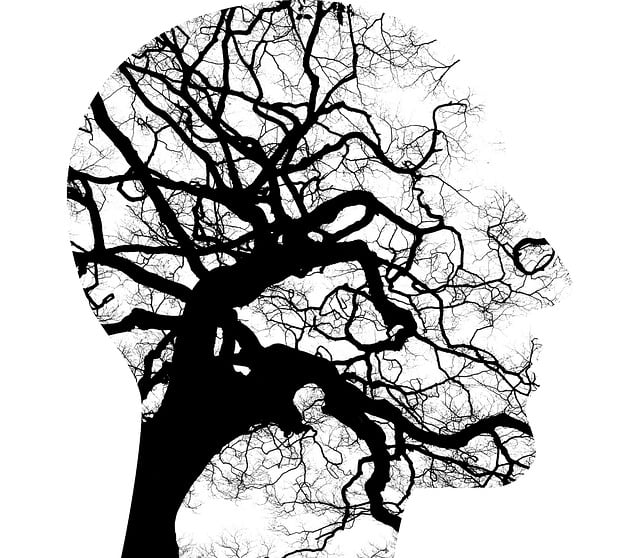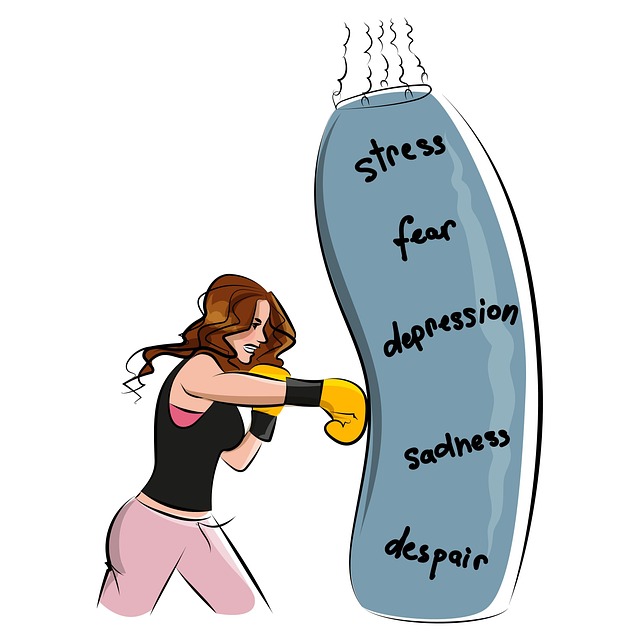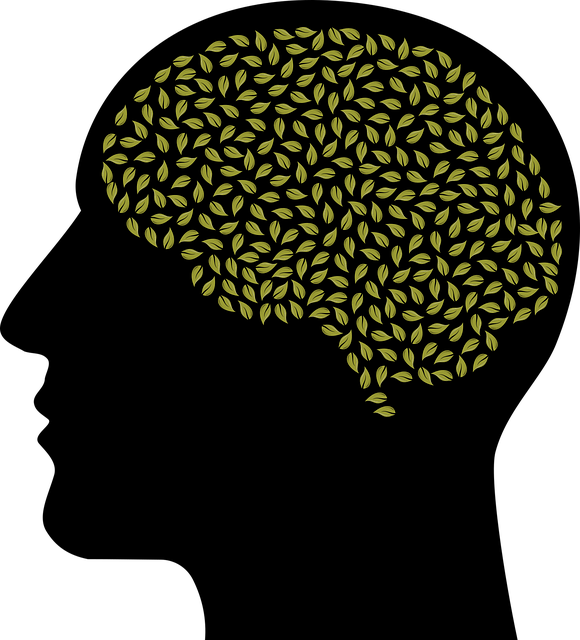Centennial Therapy for Therapists-Clinicians emphasizes holistic self-care as a core practice for preventing burnout and enhancing resilience. By combining ancient wisdom with modern techniques, this approach helps professionals maintain well-being while improving therapy quality. Key tools include Compassion Cultivation Practices (CCP) and mental wellness coaching programs that encourage self-reflection and personal growth, fostering a deeper mind-body-spirit connection. Through these practices, therapists can better support their clients while safeguarding their own mental health in today's demanding environment.
“Enhance your practice and well-being with self-care improvements. This comprehensive guide explores foundational concepts of self-care, highlighting its pivotal role in therapist-clinician success. Discover how Centennial Therapy offers a unique path to personal growth and resilience. Learn effective strategies for integrating ritualistic self-care into demanding clinical routines. Additionally, delve into techniques fostering continuous self-reflection, preventing burnout, and promoting sustainable well-being for therapists-clinicians.”
- Understanding Self-Care: The Foundation for Effective Practice
- The Role of Centennial Therapy in Personal Growth and Well-being
- Strategies for Integrating Self-Care Rituals into a Clinical Routine
- Nurturing Resilience: Preventing Burnout through Continuous Self-Reflection
Understanding Self-Care: The Foundation for Effective Practice

Understanding self-care is pivotal for therapists and clinicians seeking to enhance their practice and overall well-being. It forms the foundation for effective therapy sessions by promoting a holistic approach that addresses both mental and physical health. Self-care isn’t merely an act of indulgence; it’s a necessary strategy to prevent burnout, improve resilience, and boost confidence in professionals who support others’ emotional well-being. A strong self-care routine development is thus essential for maintaining optimal performance in the long term.
Centennial therapy emphasizes this crucial aspect, guiding therapists and clinicians to integrate self-care practices into their daily lives. By recognizing the importance of taking care of themselves, they can better serve their clients, offering more consistent and compassionate support. This approach not only contributes to personal growth but also enhances the quality of therapy sessions, creating a positive impact on both professionals and those seeking mental health services.
The Role of Centennial Therapy in Personal Growth and Well-being

Centennial Therapy offers a unique and powerful approach to personal growth and well-being that goes beyond traditional therapy methods. This innovative practice focuses on the interconnectedness of mind, body, and spirit, fostering an environment where individuals can explore their inner selves in depth. By combining ancient wisdom with modern therapeutic techniques, therapists and clinicians equipped with Centennial Therapy principles enable clients to unlock hidden potential and cultivate a profound sense of self-care.
Through this approach, therapy becomes a transformative journey that goes beyond mere symptom relief. It empowers individuals to embrace Mind Over Matter principles, encouraging active participation in their emotional healing processes. By integrating this ancient knowledge into therapeutic practices, therapists can facilitate Self-Care Routine Development for Better Mental Health, equipping clients with the tools to navigate life’s challenges and thrive.
Strategies for Integrating Self-Care Rituals into a Clinical Routine

Incorporating self-care rituals into a clinical routine is an essential practice for therapists and clinicians to maintain their well-being and prevent burnout. As professionals in the helping field, it’s crucial to model healthy behaviors and prioritize self-compassion. One effective strategy is to adopt structured self-care routines that can be seamlessly integrated into daily schedules. This might include dedicated time for mindfulness exercises, such as meditation or deep breathing, which help reduce stress and enhance focus during sessions. Additionally, engaging in physical activities like yoga or regular exercise can significantly boost resilience and overall mental health.
Centennial Therapy offers valuable tools for therapists to cultivate compassion towards themselves and their clients. By incorporating Compassion Cultivation Practices (CCP) into their clinical work, professionals can improve their emotional regulation and reduce self-criticism. These practices foster a sense of interconnectedness and promote empathy, ultimately enhancing the therapeutic experience for both the clinician and client. Through regular engagement in CCPs, therapists can build resilience, ensuring they remain present and effective in their work over time, thereby preventing burnout.
Nurturing Resilience: Preventing Burnout through Continuous Self-Reflection

In today’s fast-paced world, therapists and clinicians face constant challenges that can lead to burnout if left unaddressed. Nurturing resilience is a powerful self-care practice that prevents burnout and promotes mental wellness. Centennial Therapy for Therapists-Clinicians offers valuable resources such as mental wellness coaching programs designed to enhance self-reflection and personal growth. By engaging in continuous self-reflection, professionals can identify signs of stress and take proactive measures to maintain their well-being. This process involves evaluating one’s thoughts, emotions, and behaviors, allowing for a deeper understanding of personal triggers and coping mechanisms.
Through regular self-reflection, therapists and clinicians can develop strategies to manage work-related pressures, including anxiety relief and self-esteem improvement. It enables them to set boundaries, prioritize tasks, and create a healthy work-life balance. By integrating these practices into their routines, professionals can foster resilience, ensuring they remain equipped to support their clients effectively while maintaining their own mental health.
Self-care is not just a trend; it’s an essential practice for therapists and clinicians, fostering personal growth and well-being. By integrating self-care rituals into their clinical routines, professionals can enhance their resilience and prevent burnout. The article has explored various strategies, including the power of Centennial Therapy, to help navigate this journey. Remember that continuous self-reflection is key; adopting practices like these will not only benefit your career but also enable you to offer more meaningful support to your clients.












